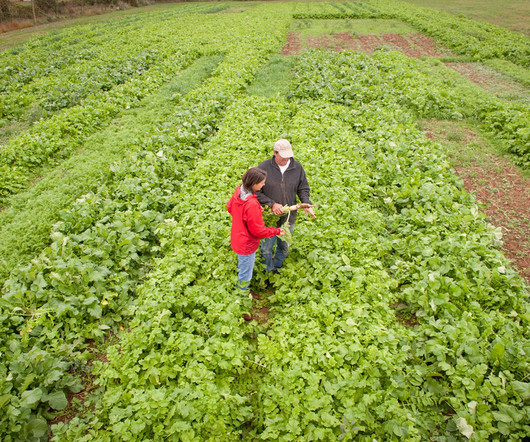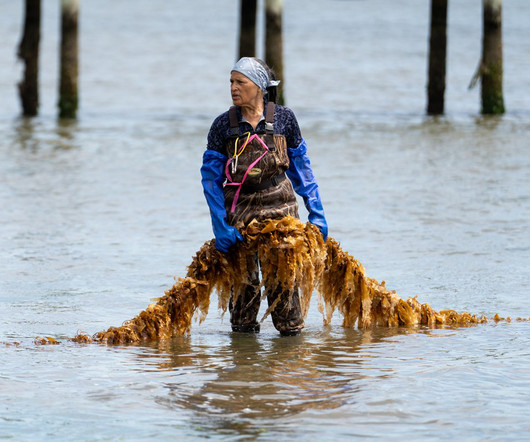How Crop Insurance Prevents Some Farmers From Adapting to Climate Change
Civil Eats
SEPTEMBER 20, 2023
Just over a decade ago, he began converting his 11,000-acre farm to perennial native grassland to rebuild the health of his soil. He planted wheat and other grains directly into the meadows and relied solely on rainfall for much of his acreage. It soon proved worth it. Water runs right off dry soil, but healthy soil is absorbent.











Let's personalize your content